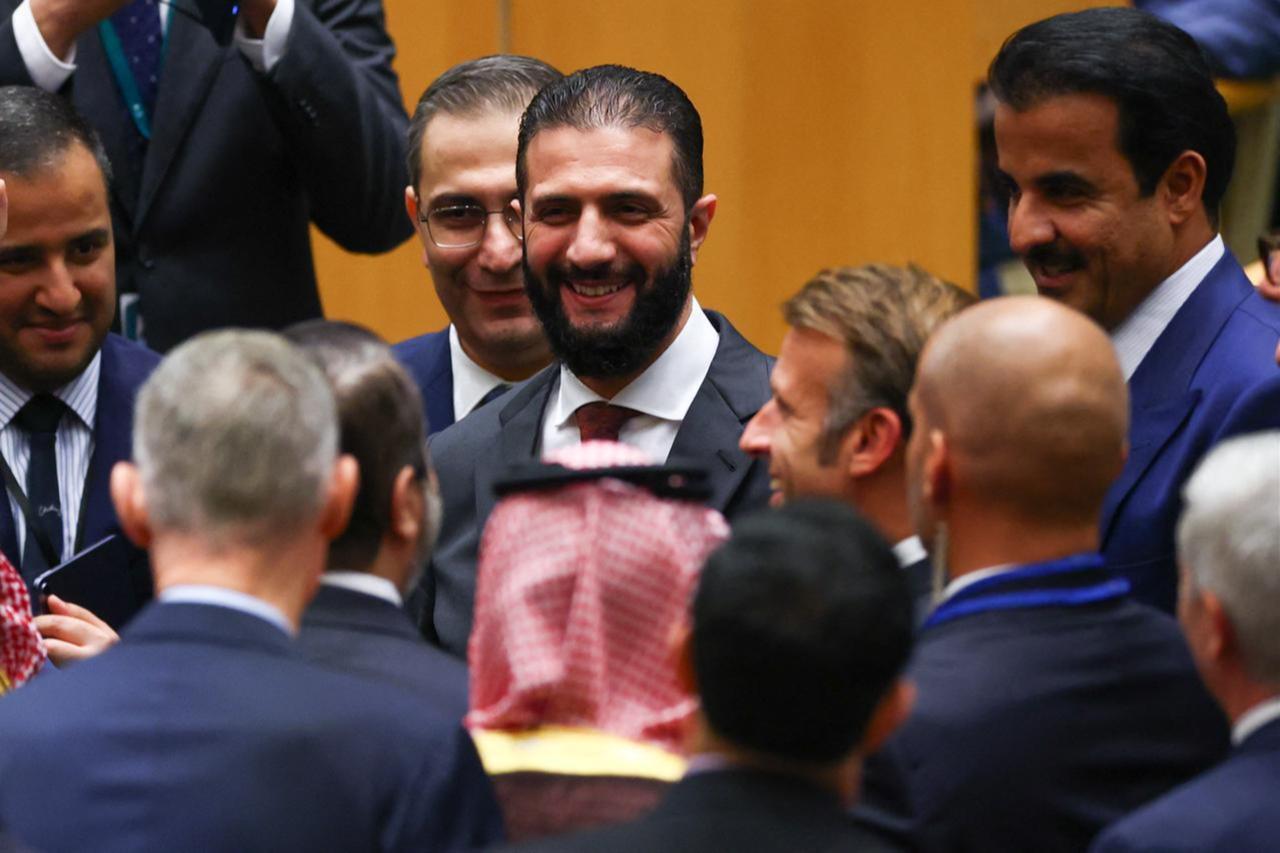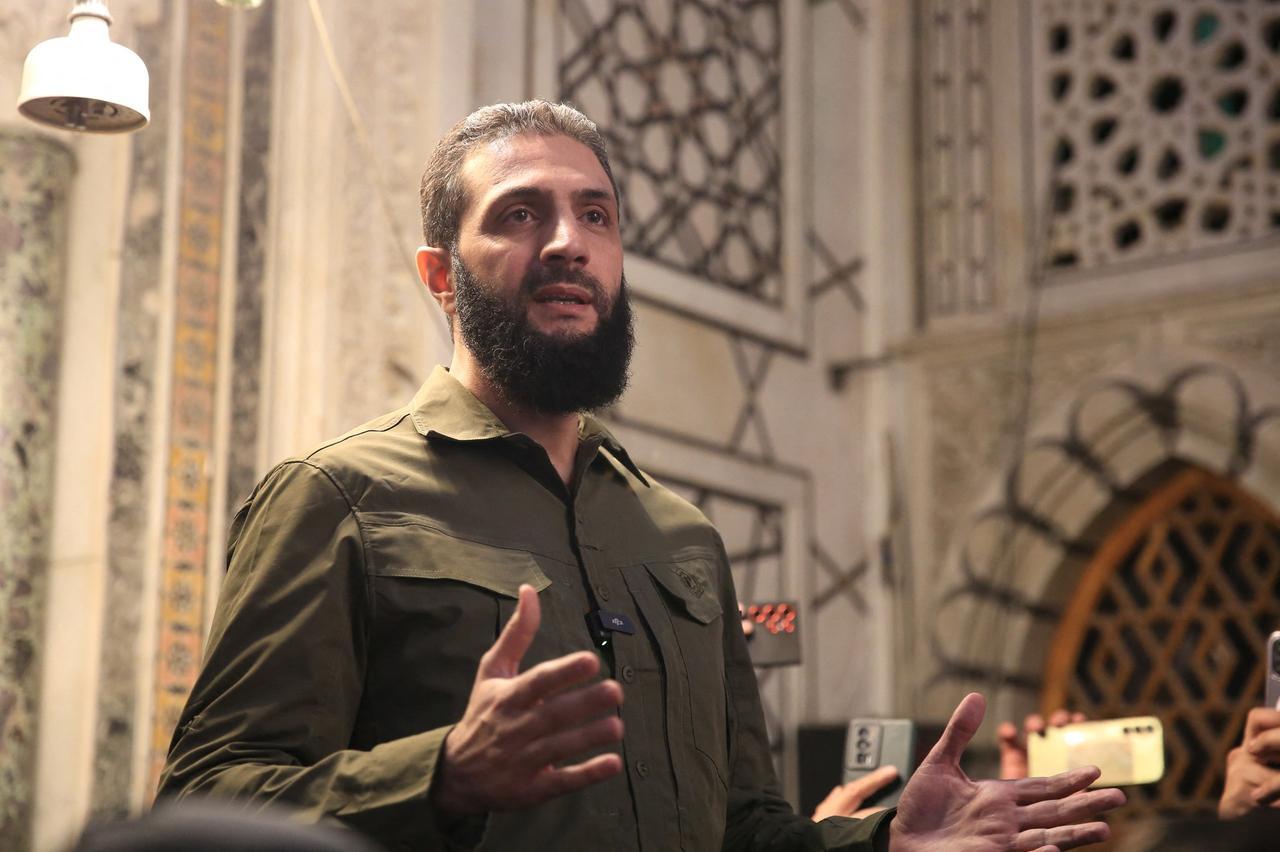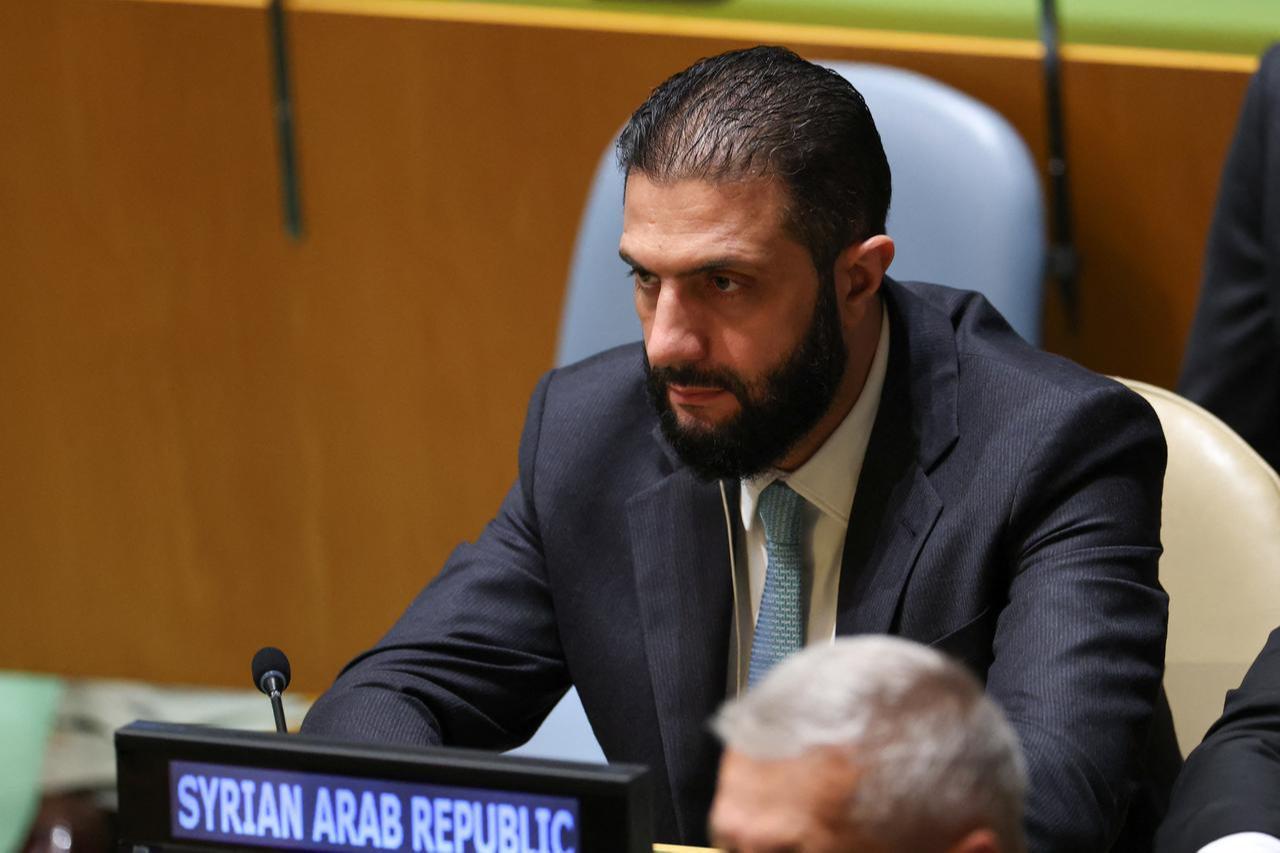
Syrian President Ahmed al-Sharaa’s debut at the United Nations this week did more than draw curiosity—it electrified the global stage.
For the first time in nearly six decades, a Syrian leader addressed the General Assembly, and this time not as a pariah defending dictatorship, but as a revolutionary statesman representing a nation reborn.
On Wednesday, al-Sharaa stood at the U.N. podium as the voice of a people who had endured 14 years of war and decades of tyranny.
He declared with a calm authority that “Syria has transformed from an exporter of crisis to an opportunity for peace, for Syria and the region.” It was not just a speech—it was the formal declaration that the Assad era is over and that Syria is once again ready to join the international community as a constructive, sovereign partner.

Sharaa’s own transformation mirrors Syria’s. Once a young militant swept up in America’s disastrous war in Iraq, he rose to become a revolutionary commander who toppled Assad in December. Now he has emerged as the unifying leader of a post-dictatorship Syria.
His New York tour captured this arc of change — from the packed Concordia Summit in Times Square, where people overflowed into side rooms just to hear him speak, to an invitation-only event hosted by the Middle East Institute (MEI) that drew nearly 300 policy professionals, business leaders and diplomats.
“What a leader needs is optimism, a deep belief that you are defending a noble cause,” Sharaa reflected in dialogue with Gen. David Petraeus, his former jailer in Iraq, now his interlocutor in New York.
The symbolism was impossible to miss: a onetime adversary turned dialogue partner, a onetime prisoner turned president.
Sharaa’s core message was equally clear: Syria’s people cannot rebuild under the crushing weight of outdated sanctions aimed at a regime that no longer exists.
The Caesar Act—once justified as a tool against Assad’s atrocities—has today become collective punishment for 20 million Syrians, 90% of whom live below the poverty line.
“This is the past,” Sharaa said bluntly.
“Therefore, these sanctions have to be lifted.”
Even Washington is shifting. Biden quietly withdrew the $10 million bounty on Sharaa last December. Trump, who has taken a more direct approach, has already moved to lift sanctions, delist Sharaa’s former militant faction, and open the door to full U.S. engagement.
Momentum in Congress is building, too, with Sen. Jeanne Shaheen spearheading a bipartisan effort to repeal Caesar sanctions in the coming defense bill. The debate is no longer whether sanctions must end—but when and how fast.
Critics argue for “safeguards,” but Sharaa has already pre-empted these demands. He has pledged protection and political inclusion for minorities—Alawites, Druze, Kurds, and Christians—and announced that perpetrators of Assad-era crimes will be held accountable.
He speaks not as a sectarian leader but as the builder of a civic, pluralistic state.
Preparations for parliamentary elections are already underway, with a five-year transitional period set to consolidate reform.
Syria today is moving faster toward institutional rebuilding than Iraq ever did after 2003—or even France after its own revolution. Sharaa’s point was stark: history shows that healing takes decades, yet Syria, against all odds, is accelerating.

Perhaps the boldest sign of transformation is Sharaa’s willingness to pursue peace with Israel. From Damascus last week, he suggested a border deal could be announced “within days.” In New York he pushed Netanyahu to stop stalling.
“Syria is not going to pose any threat to any country, including Israel,” he insisted.
For a leader once accused of militancy to now champion peace with Israel, the message could not be more symbolic: Syria is ready to bury the past.
For the Syrian diaspora and international observers, the excitement was palpable. At the MEI event, attendees secretly livestreamed his words to families abroad. Hind Kabawat, Syria’s new minister of social affairs, called the trip a “victory for the revolution” and reminded the world that sanctions relief means survival: “Civil peace needs economic stability, and economic stability begins with lifting sanctions.”
Sharaa’s challenge to the world is straightforward: do not squander this moment. Syria is extending its hand after 60 years in the shadows, offering stability, partnership, and peace. To hesitate now, to trap Syrians in poverty under laws meant for a dictator long gone, is to gamble with the region’s future.
As Kenneth Pollack of MEI put it: “Right now, Syria is the country of the hour. Ahmed al-Sharaa is the man of the hour.”
But moments like this do not last forever.
The world must decide whether to embrace Syria’s return or allow cynicism and inertia to prolong suffering.
History rarely offers second chances. Syria and Sharaa are offered one now.